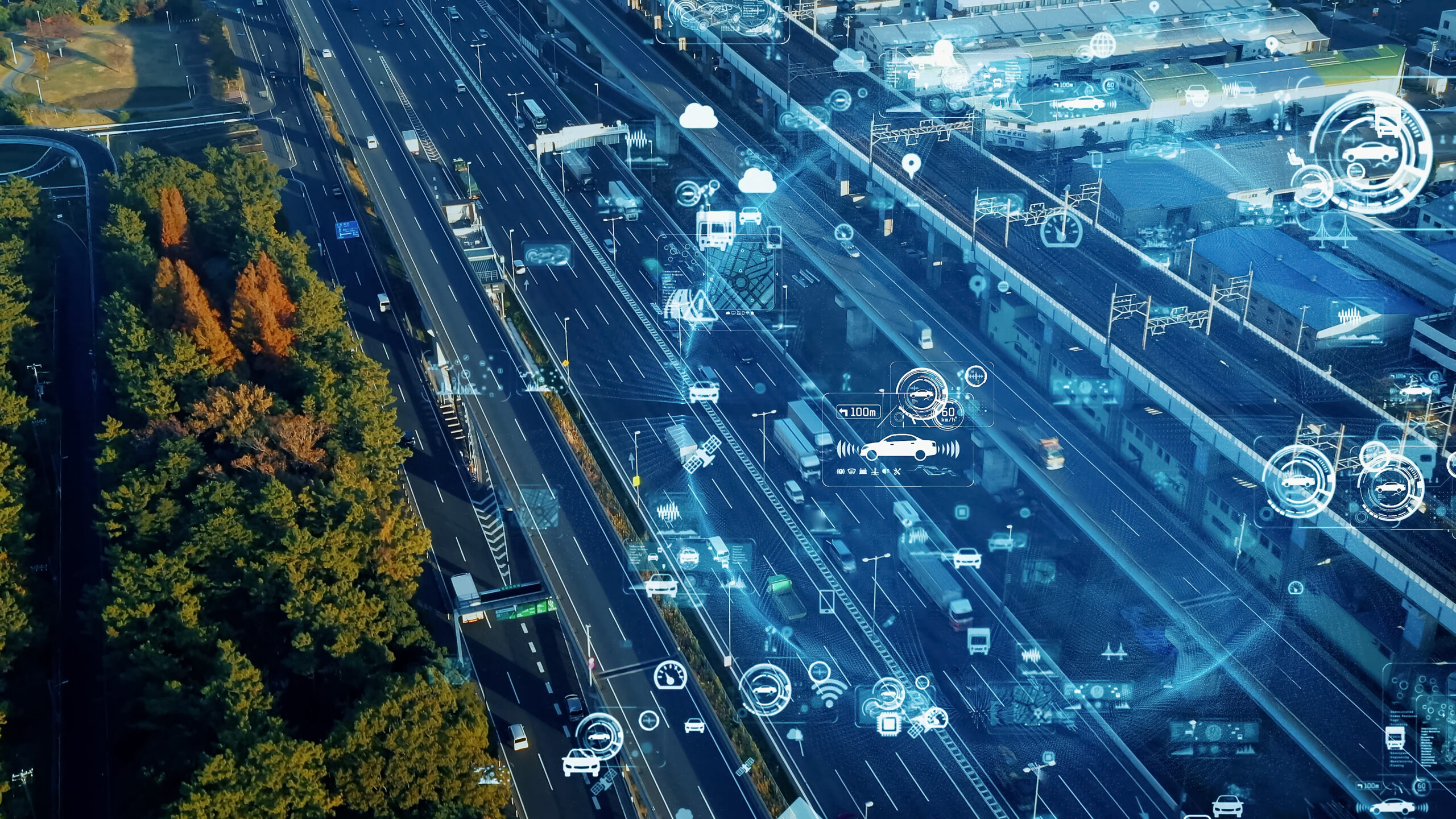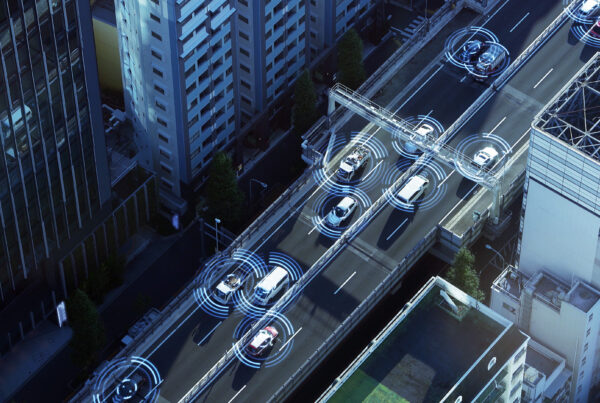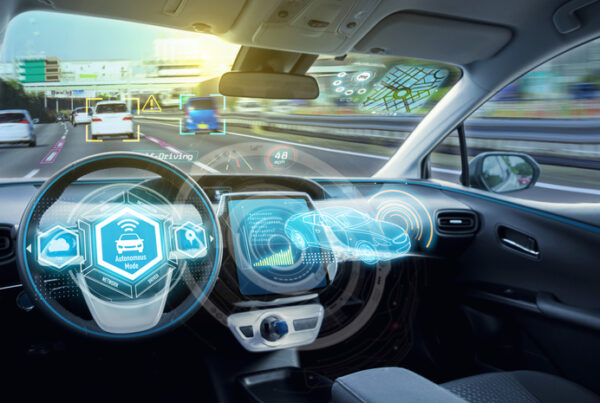This article was first published on the August 2022 Edition of FleetDrive.
Technology is reshaping and redefining what it means to manage a fleet of vehicles. In truth, going digital is the future of fleet management. Many tech-based solutions are now maturing at an incredibly rapid rate allowing fleet operators to pursue a dynamic approach to managing costs, improving uptime, and keeping drivers safe on the road.
We’ve certainly come a long way from using spreadsheets and maps to manage daily operations. Today, we have access to telematics, GPS, and dash cams that are making fleet management that much more efficient.
And yet, that’s just the tip of the iceberg. More comprehensive software and hardware solutions powered by cloud computing, AI, and AR that are designed to help fleet managers overcome every challenge from vehicle management, routing, maintenance, driver safety, driver management, security, fuel management, payment management, and more!
Let’s look at some of the key emerging tech that are set to bring fleet management to the next level:
Advanced Telematics
Telematics have been around since the 1960s and in the advent of cloud computing, it has only become a more powerful and useful tool for fleet operators. The amount of data that it can capture today presents unique opportunities for fleets to improve efficiency, costs, and safety.
Faster 4G and 5G networks provide more robust data than just GPS tracking. More telematics systems are providing real-time driver safety coaching as well as tools on predicative fleet maintenance, fuel management, and productivity.
Internet of Things
Paired with telematics, the internet of things (IoT) introduces sensors and wireless technologies that made active data collection possible, giving rise to connected mobility.
Today, IoT is used to notify fleet managers wherever they are of issues that drivers experience on the road which allows them to proactively solve safety and efficiency issues.
In the future, IoT can link potentially to other services and devices on the road via a network including public infrastructure such as traffic lights, emergency centres, and even other vehicles. While this intelligent connection is still in the works, this could be our reality in the years to come.
Augmented Reality
Augmented reality brings so much to the table when it comes to improving safety and efficiency. AR applications are evolving rapidly, and fleets are poised to benefit from these advancements.
AR provides opportunities for easier vehicle maintenance and repair. As the technology further matures and with the help of tools like wearable tech and more powerful smart devices, maintenance staff will soon be able to know everything about a vehicle and its parts which can fast-track repair operations.
AR also plays a crucial role in driver training and assistance. Through AR, fleet operators can train drivers in simulated environments which equips them with the right skills and knowledge that they can take on the road. Meanwhile, in-vehicle AR tools provide drivers with information that they need to become safer and more efficient.
AI Dash Cams
AI dash cams are some of the most useful tools for monitoring driver behaviour and minimizing road accidents.
Powered by artificial intelligence, modern dash cams do more than just capture video and images. They provide insightful and actional data that not only improve driver safety but also aid in mitigating risks.
The smart technology that AI dash cams use recognises distracted driving and can alert drivers to focus their attention to the road. These tools also help monitor road conditions which can reduce untoward incidents and optimise routes especially in inclement weather or when there are obstacles and risks along the way.
AI dash cams can also provide video footage in the event of road accidents. This can be used as evidence in a claim and identify who’s at fault and potentially reducing an organisation’s financial liability.
Blockchain
Blockchain isn’t just about cryptocurrency. This next-level record keeping technology based on a decentralized ledger allows for improved transparency and accountability in the arena of fleet management.
In the near future, fleet operators can use blockchain to develop automated payment systems and develop an unalterable record of a wide range of information including vehicle service, driver history, and more.
Did you find this article helpful? Click the ‘heart’ button above to give it a ‘like’!


















